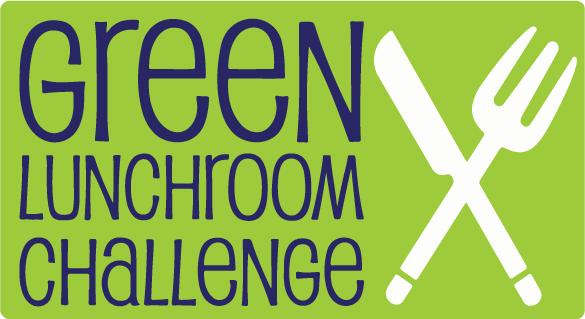In October 2014, the Massachusetts Department of Environmental Protection (MassDEP) amended its existing waste ban regulations, adding commercial organic material1 (which is primarily food material) to the list of materials banned from disposal in Massachusetts. Under these regulations, businesses and institutions may not dispose of one ton or more of commercial organic material per week in the trash. There are many ways for businesses and institutions to comply with the ban, including donating food, or sending it for animal feed, composting, or anaerobic digestion.
MassDEP contracted ICF to analyze the recent trends in the Massachusetts organics waste industry as well as potential impacts of implementing the Commercial Food Waste Disposal Ban. To understand these trends and impacts, ICF developed and administered a survey targeting industry stakeholders in Massachusetts, and subsequently conducted an economic impact analysis using data derived from this survey. The economic impact analysis relied on the commonly utilized IMPLAN model to estimate the job creation, gross state production, and tax impact of recent activity in the organics waste industry. Additionally, ICF conducted interviews with organizations affected by the ban in order to understand current trends, challenges, and future opportunities for businesses, schools, and municipalities that seek to incorporate organic waste separation into their management operations.
Results from ICF’s quantitative and qualitative analyses indicate that organic waste diversion activities, including composting and food rescue, are gaining traction in the Commonwealth. Stakeholder segments, including organic waste haulers, processors, and food rescue organizations, have experienced significant growth in the two years since the ban’s implementation, and survey responses indicate that many of the businesses in these industries are projecting job growth for 2017. Companies are also planning significant capital investments in facilities and equipment, suggesting a stable market and a positive long-term outlook.
While the ban itself is undeniably beneficial in promoting organic waste diversion, an equally important factor is public support and cultural acceptance. Stakeholder interviews allowed ICF to gain insight into the perception of the ban and the challenges faced by core segments of the organics waste industry. Cultural acceptance for diverting organic waste, especially to compost, was strong in the greater Boston area for some residential and commercial food waste producers before the ban took effect. While the support for organic waste diversion may be strong, key barriers include lack of space for composting facilities, better source separated wastes in order to prevent contamination, and more stringent enforcement of the ban.

